6 things you should never clean with water around your home – and how to avoid irreparable warping, staining, and rust
Improve sanitization and ensure sparkling results

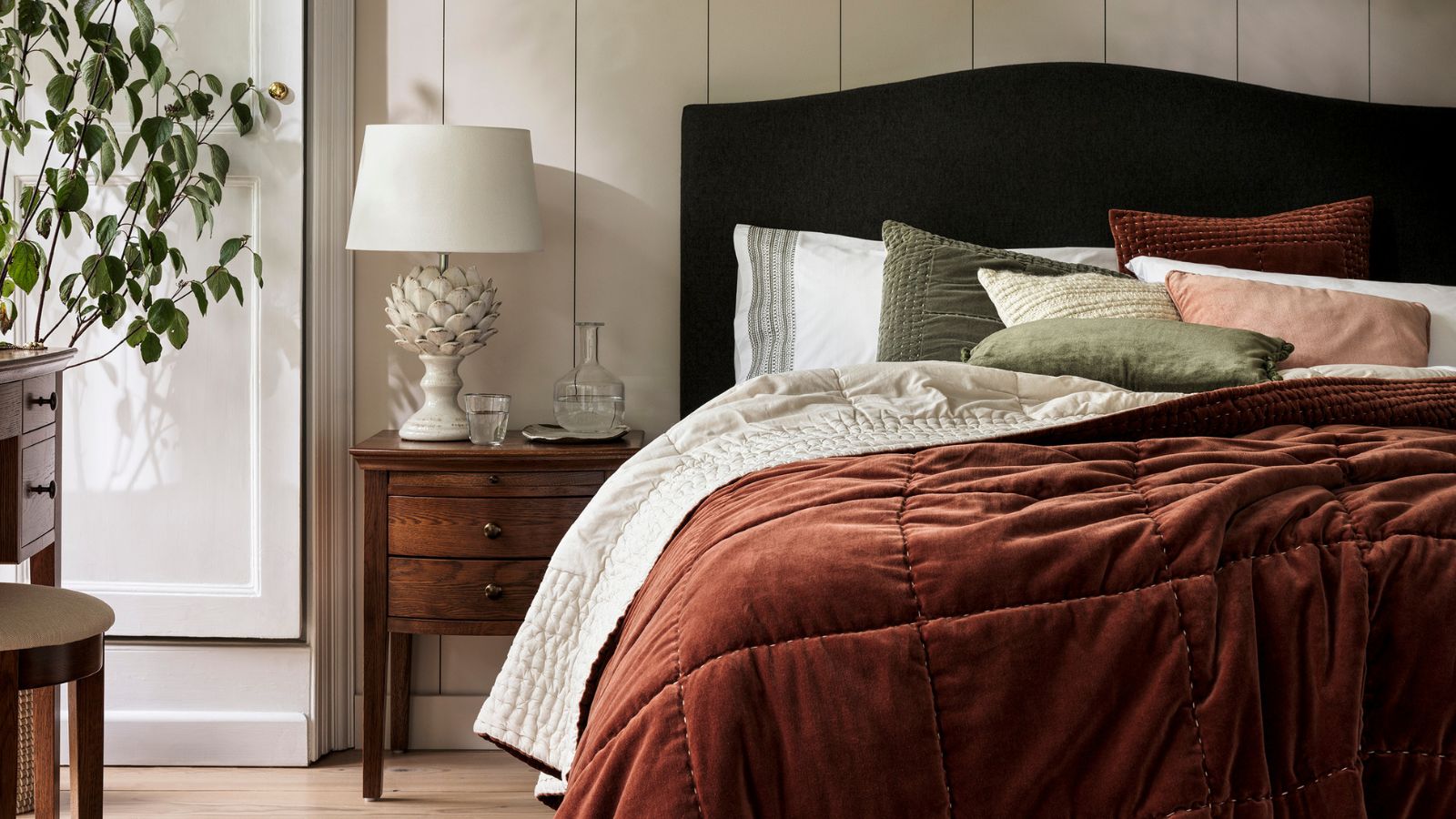
When it comes to quick cleaning, water is often a go-to solution for removing spills and refreshing surfaces. However, despite its versatility, it isn’t always the best – or safest – choice for every task.
In fact, using water on certain household items could be doing more harm than good.
From electronics to flooring, professional cleaners have revealed the six spots you should never use water to prevent damage and costly repairs, with the cleaning tips you should try instead.
6 things you should never clean with water
Although water is easily one of the best non-toxic cleaning solutions, it can be very damaging to a range of delicate materials, causing staining, warping, and rust.
1. Wood items

Wooden surfaces can warp if left wet for too long.
Whether you are cleaning wood cabinets, cleaning wood furniture, or cleaning real wood floors, you should never use water.
Taylor Riley, professional cleaner and partner at AMR US Commercial Cleaning, begins, ‘Wood furniture is at the top of the list for things you shouldn't clean with water. Water can leave cloudy rings, warping, or cracking in wood furniture.
'I recommend using a soft microfiber cloth and a wood cleaner like Weiman cabinet and wood cleaner spray [available in packs of two at Walmart]. They even make wood furniture wipes in an easy-to-dispense container [also from Walmart] for quick use.’
Design expertise in your inbox – from inspiring decorating ideas and beautiful celebrity homes to practical gardening advice and shopping round-ups.
To clean hardwood floors, opt for a wood-safe mopping detergent, such as the Method Almond Sqirt+Mop Wood Floor Cleaner, from Target, with a wood-safe mop, such as the O-Cedar EasyWring Spin Mop, also from Target.
2. Cast iron
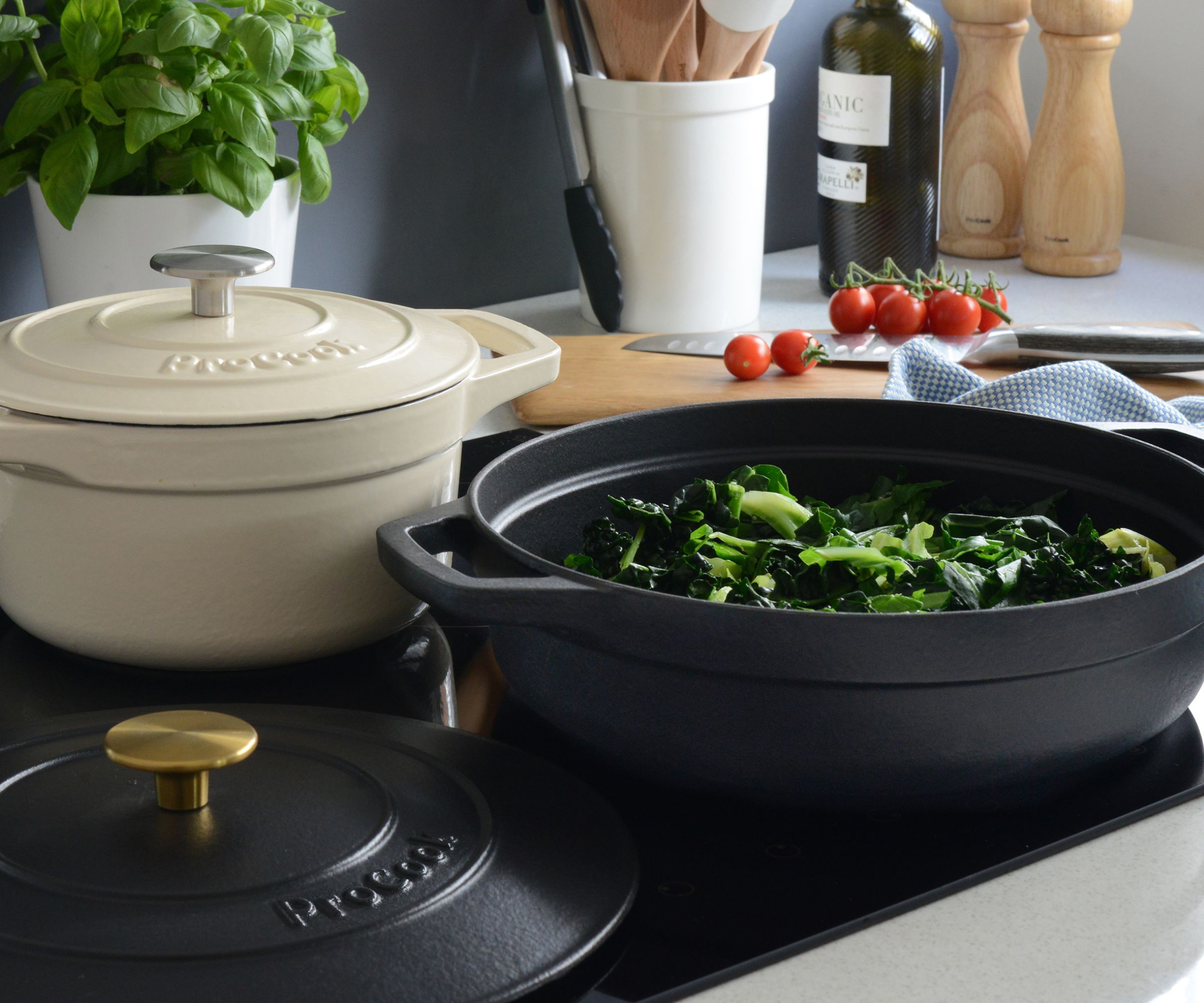
Cast iron is durable, but prone to rust.
Cast iron is incredibly durable, but you should avoid cleaning cast iron with water whenever you can.
Alicia Sokolowski, cleaning expert and co-founder of Aspen Clean, explains, ‘Soaking or washing cast iron with water strips the seasoning and encourages rust to spread on your cookware. Instead, scrub with coarse salt and a bit of oil to remove residue, then wipe clean.’
Don’t forget to season a cast iron pan after cleaning, to prevent rust and food sticking in the future.
3. Electronics

It's common sense when it comes to electronics.
From cleaning a TV screen to cleaning dust from a PC without compressed air, keep water well away from all of your household electronics.
Armando Calderon, cleaning expert and owner of Joy’s Cleaning Services, shares, ‘Stay away from televisions, computers, and other electronics with water. Same thing for toys that have batteries.
'Try to instead apply some gentle multipurpose cleaner [such as the EWG-approved non-toxic Attitude all-purpose cleaner, from Walmart] to a rag and wipe the item down manually.’
We suggest using a soft, microfiber cloth, also from Walmart, to avoid scratches. You can also buy specific electronic cleaning wipes from Amazon for quick cleaning.
4. Suede, velvet, and leather
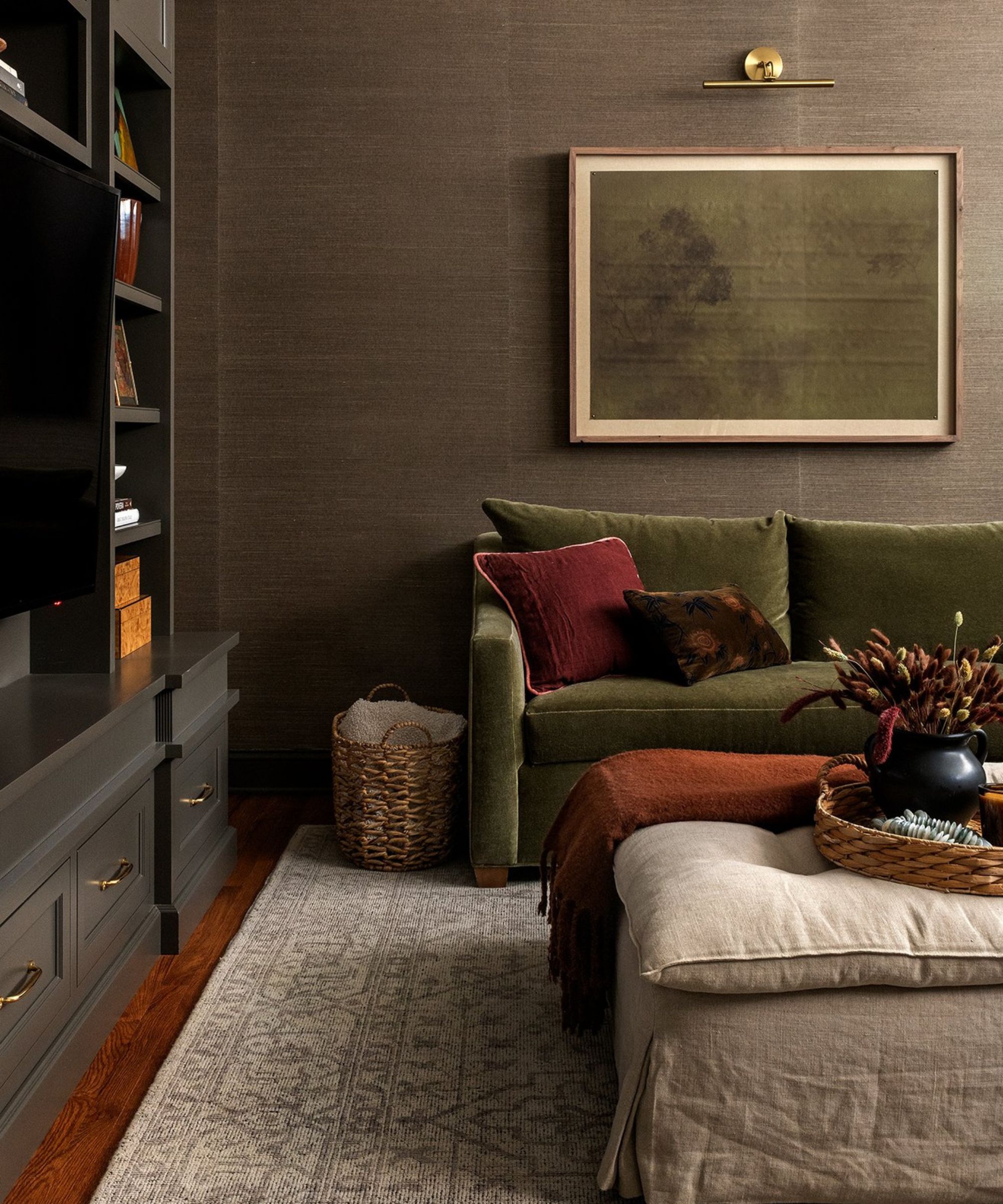
Keep liquids away from delicate fabrics.
Although some modern furniture is designed with a run-off coating to protect against stains and spills, it is best to avoid using water when cleaning upholstery. This is especially true for delicate fabrics such as suede, velvet, and leather.
Alicia explains, ‘Water can stain or crush the texture, especially on natural fibers. A soft brush and manufacturer's recommended dry upholstery cleaner or natural Oxygen Bleach powder [available at Amazon].’
Taylor adds, ‘I'd also say keep water away from leather. Water can leave stains, dry it out, or create stiff patches, particularly on furniture. I usually recommend Weiman Leather Cleaner and Conditioner, available at Walmart. It's a quick-use product that cleans, conditions, and protects in one product, saving you time and money.’
The same rules apply to any fabric surfaces, Taylor continues. ‘Similarly, I would suggest keeping water away from lampshades, especially those made with fabric. Water can leave behind marks or further set in dust or stains. The best method is to use a lint roller [such as a reusable gel lint roller, from Walmart], a vacuum with a brush attachment, or dry sponges to remove dust, without the risk of moisture damage.’
5. Porous stone
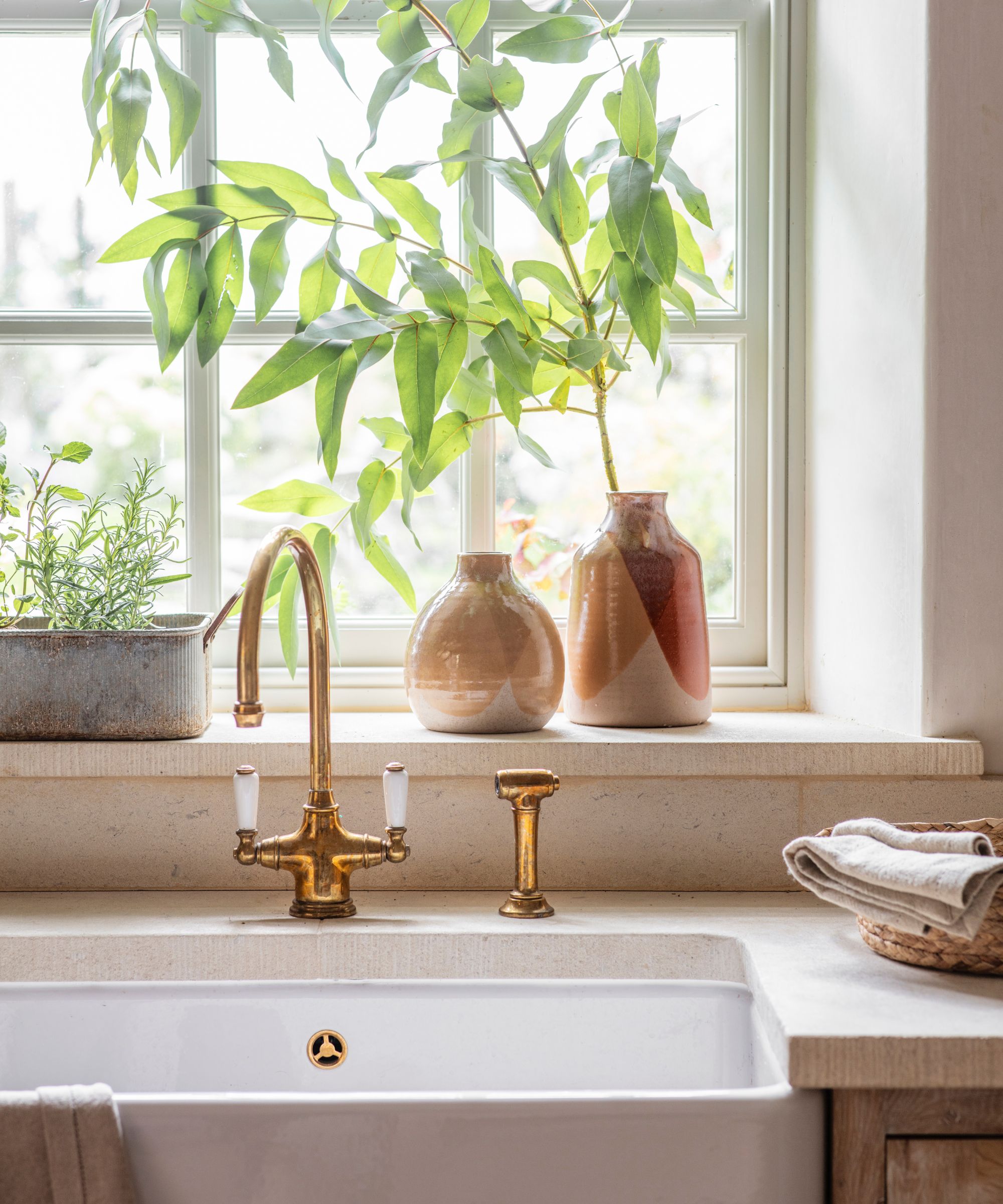
Sealed stone is fine with splashes, but should never be completely saturated.
Nathaly Vieira, of Inspire Clean, explains, ‘Water spots and mineral deposits can etch marble, granite, and travertine permanently. Try using a stone-specific cleaner, or if you have to clean with water, use a simple mixture of warm water and a few drops of dish soap, then dry immediately.’
When caring for natural stone around your home, we recommend the Weiman Granite and Stone 3-in-1 Cleaner, from Target, which promises to remove stains and spills, shine, and protect against future stains and discoloration.
Besides this, seal your natural stone counters regularly with products such as Miracle Sealants 511 Impregnator, from Lowe’s, which customers love for being easy to apply.
6. Matte wall paint
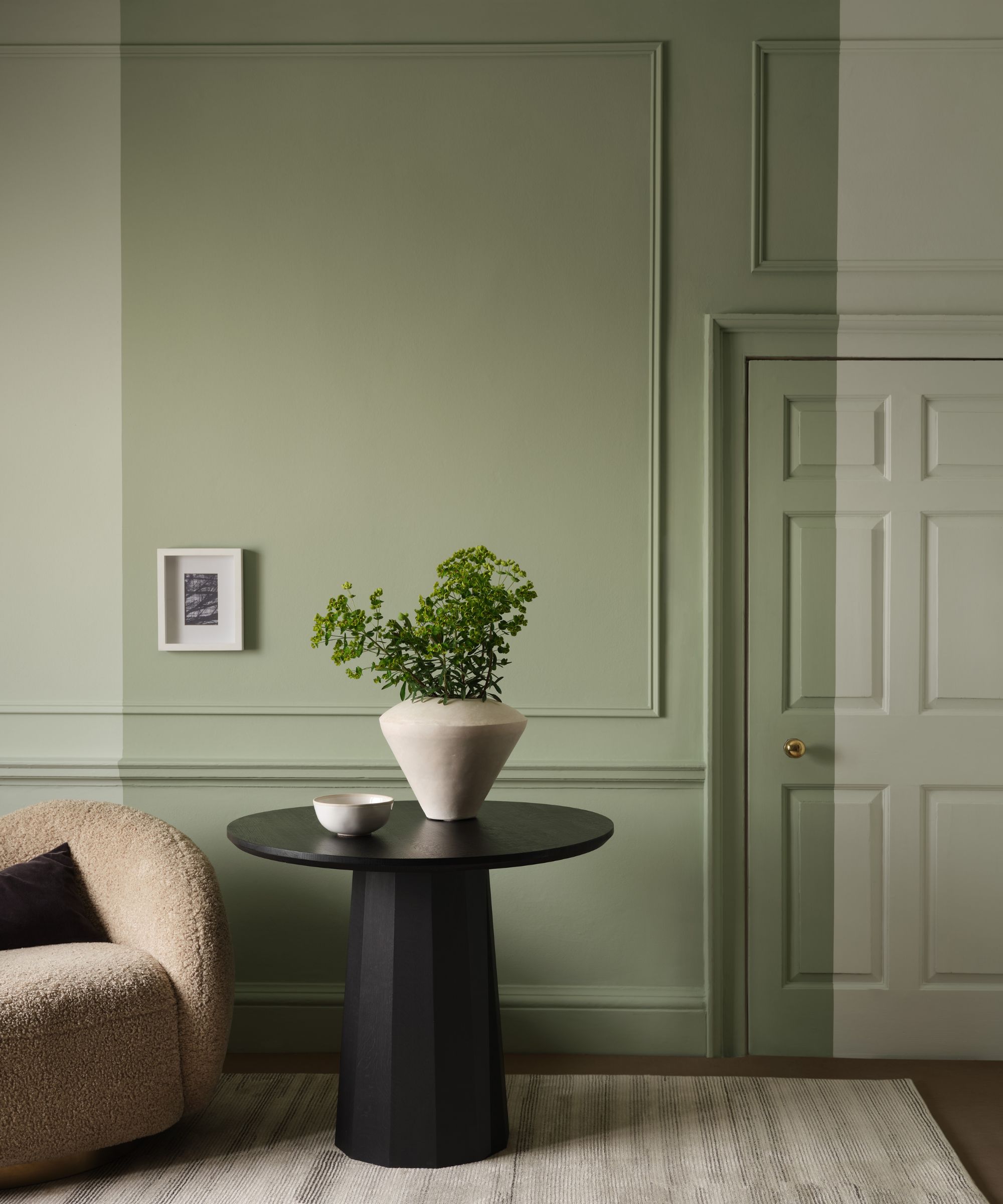
Matt wall paint is more delicate than semi-gloss and gloss.
It is wise when cleaning and maintaining any paint finish to avoid water, however. Matthew Baratta, VP of operations at Daimer Industries, suggests that you should never use water for matte surfaces, no matter the circumstances.
He explains, ‘Water can streak or lift paint, particularly on flat or matte finishes that lack the durability of gloss or semi-gloss types. Overwetting may also cause the paint film to become soft.
‘Instead, use a sponge dampened with a mild, pH-neutral solution, such as diluted dish soap [we like Dawn, from Walmart]. Gently blot the surface rather than scrubbing to avoid compromising the paint layer.’
What to shop
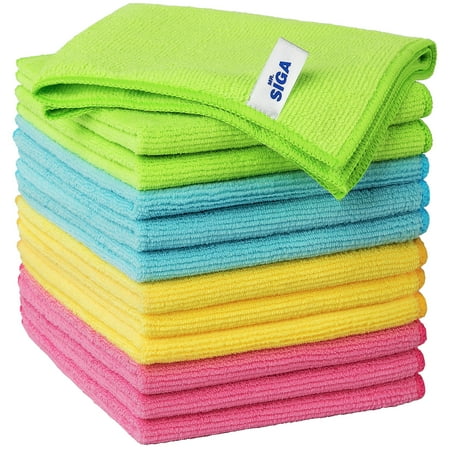
Microfiber cloths are super soft, helping to clean even the most delicate of surfaces without the risk of scratches. When sued and cared for correctly, they pick up dust and debris without the need for liquid cleaners, making them ideal for the items you should not clean with water.
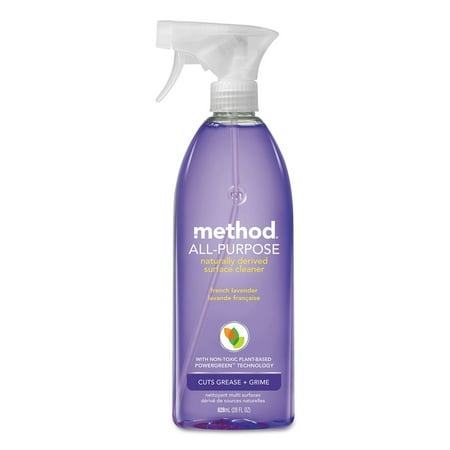
Made with a vegan, plant-based formula, this wonderfully scented cleaning spray is perfect for disinfecting high tough points. When tackling the things you should not clean with water, spray the solution onto a cloth before buffing onto the surface to minimize moisture exposure.
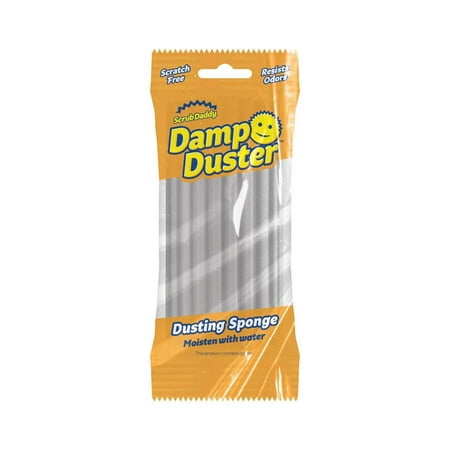
The Damp Duster is great for allergy sufferers as it removes all dust, pollen, pet hair, and more, affordable, reusable, and conveniently sized, and, better yet, is easy to clean – simply wash the sponge with water to remove dust and grime. Despite being a dam, it results in little to no moisture transfer to surfaces.
Meet the experts

With over 17 years of experience, Alicia specializes in creating a healthier, green alternative to chemical-based cleaning products and services. AspenClean provides all-natural, chemical-free cleaning services that have revolutionized the cleaning industry and changed the way people clean their homes.

Joy's Cleaning Service specializes in commercial, post-renovation, and post-demolition cleaning, with a team of cleaning professionals with a combined period of over ten years.

Matthew Baratta is vice president of operations at Daimer Industries®, a leader in advanced commercial and industrial cleaning equipment. He has extensive knowledge in the cleaning industry and earned a master’s degree in Public Health.

Nathaly Vieira is a professional cleaner and founder of Inspire Clean, a cleaning firm that also shares cleaning tips and advice on its website. Based in the US, the company aims to reach people in the Niagara region, Hamilton, Burlington, Oakville, Milton, Mississauga, Guelph, and Kitchener-Waterloo.

Taylor Riley began his journey into the cleaning world began in 2019, when he started working with Impact Cleaning Professionals of Polk County, Florida. Alongside raising a family, Taylor also founded Boom. Facility Service Advisors later on in his career, where he assists other cleaning business owners with his passion for Lead Generation.
Water can still be a helpful tool when cleaning your home, especially if you are looking to avoid chemicals. Just be sure to make a note of the items you should never clean with water, and the items you should never wash in hot water, to avoid irreparable damage.

Chiana has been at Homes & Gardens for two years and is our resident 'queen' of non-toxic living. She spends most of her time producing content for the Solved section of the website, helping readers get the most out of their homes through clever decluttering, cleaning, and tidying tips. She was named one of Fixr's top home improvement journalists in 2024.